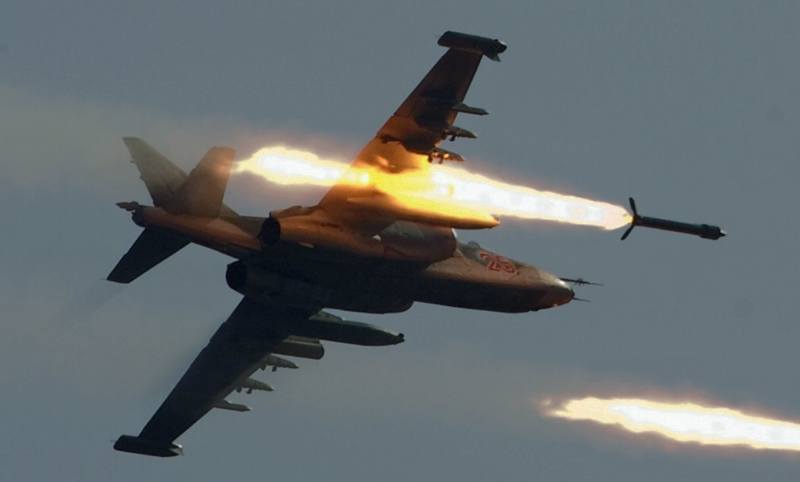There were strong indications on Tuesday that the military had begun the bombardment of bandits’ hideouts in the North-West, North-Central and some parts of the North-East.
Top security officials said the bombardment, which started in Katsina and Benue states would soon be extended to other states in the zones.
Recall that the President’s Senior Special Assistant on Media and Publicity Mallam Garba Shehu, in an interview with the Hausa Service of the BBC in March, said the President, Major General Muhammadu Buhari (retd.), had ordered crackdown on bandits terrorising farmers across the country.
Also, during his interview with Arise Television on Thursday, the President said he had ordered security agents to shoot bandits carrying AK47.
In Katsina State, it was gathered that the Nigerian Army, the Nigerian Air Force and the police had increased attacks on the hideouts of bandits in various parts of the state especially in Batsari, Jibia, Sabuwa, Danmusa, Safana, Matazu, Kankara, Dandume, Dutsin-ma, Kurfi and Faskari local government areas, where bandits had been kidnapping farmers and other residents.
A top security source in the state said, “We now carry out operations on identified bandits’ hideouts in the state virtually on a daily basis and at anytime.
“At times, when you see fighter jets flying, it is either we are launching an attack against bandits or we are carrying out mop up operations.”
The Special Adviser to the state Governor on Security, Mallam Ahmad Katsina, had yet to respond to the SMS sent to him after futile efforts to get him on the phone.
But when contacted, the spokesman for the police in the state, Gambo Isah, said the command was “evolving strategies to ensure that all parts of the state are safe.”
It was learnt that troops of Operation Whirl Stroke had started flushing out armed herders and militias from their hideouts in Taraba, Nasarawa and Benue states.
A security official, who confided in one of our correspondents, said, “We have carried out operations in the Sankera axis (of Benue State). That is the reason farmers can return to their homes and begin farming activities.”
When asked if state government could direct the military to help in sending troops to protect farmers, the source said, “We don’t take order from the state government. What we are doing is to send troops to flash points, like in Sankera axis, farmers are already going back to their farms.”
In Sokoto State, the police have intensified patrols of villages that are prone to bandits’ attacks.
The areas include Sabon Birni, Isa, Rabah and Goronyo local government areas.
But unlike in Katsina, military has yet to begin operations aimed at flushing out bandits from the areas.
A police source stated, “What we do is a routine patrol of areas under the jurisdiction of each divisional police officer. We have sensitised the villagers to quickly send distress calls in the face of attacks.”
On its part, , the Zamfara State Police Command said it had deployed more policemen in areas that were prone to bandits’ attacks.
Speaking to one of our correspondents on the phone, the spokesperson for the command, Mohammed Shehu, said, “The police, in collaboration with other security agencies, have mapped out strategies to ensure the return of farmers to their farms.”
He maintained that the command would engage the services of the repentant bandits as well as other locals who would assist in the fight against banditry.
In Kebbi State, vigilantes who were assisting in providing security suffered heavy casualties when bandits attacked some communities a few weeks ago.
As Kebbi State farmers battled problems of bandits, the Miyetti Allah Cattle Breeders Association of Nigeria and the Benue State Government on Tuesday disagreed over a military operation at a boundary between the state and Nasarawa State.
There was a report on Tuesday that military aircraft killed over 1,000 cows during multiple attacks on Fulani settlements in Keana and Doma local government areas of Nasarawa State.
According to the report, victims said the military launched the attacks between June 10 and June 13.
But on Tuesday, while the Benue State Government said no human life or cow was lost in the attack, MACBAN said 500 cows were killed.

